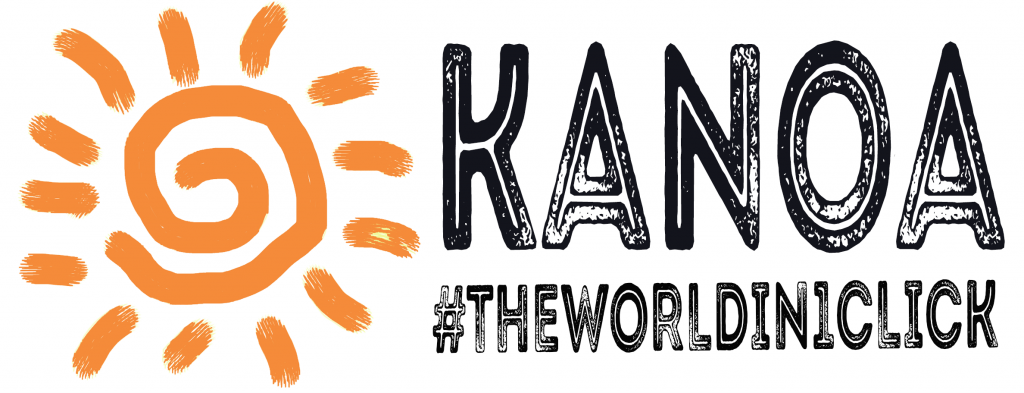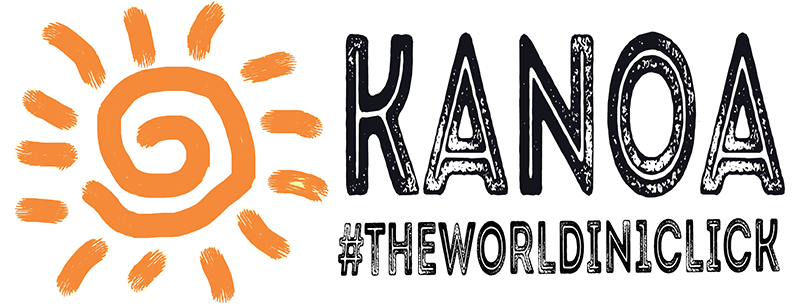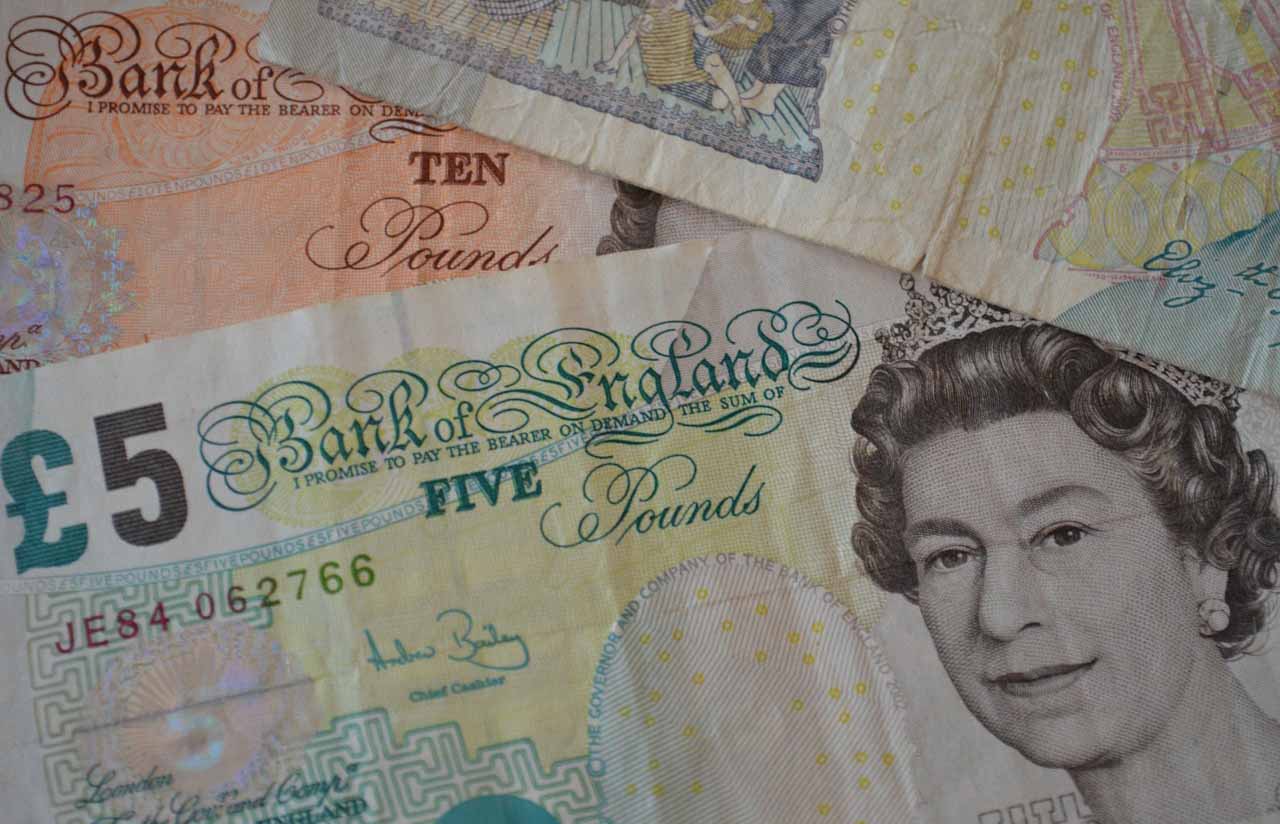Spectacular coasts. Valleys, and incredible views. Hills, plains and mountains. Striking and scenic landscapes. Islands with incredible charm. And of course, beautiful and elegant cities.
Scotland has always been a land rich in charm and tradition. So far, yet, never like today, so close.
HOW TO GET
By plane, without a doubt, you will have no trouble reaching the country and the whole of the UK. The Edinburgh international airport is the main airport of the country, well connected with direct flights, with the main European and non-European destinations.
Less than 100 kilometers away, the airport of Glasgow represents an excellent alternative.
In both cases, after landing, you can freely travel by public transport throughout the country, or you can rent a car.
At around 50 km from Glasgow, Prestwick airport is a good base for Low cost airlines.
Inverness, north of the country, is the starting point for reaching Orkney and the north-west.
Train, and, above all, cars, are solutions to be taken into consideration only coming from neighboring England. Already from London, by car, a trip of at least 7 hours will have to be taken into account to reach the Scottish capital. Far greater distances, coming from France. From here, moreover, you will have to take into account the really high expenses to cross the Channel tunnel.
Reaching Scotland by sea from Amsterdam is a fascinating hypothesis, which requires long journey times. The DFDS Seaways shipping company offers connections to the country, from the Dutch capital and Newcastle.
GETTING AROUND SCOTLAND
By train, car and bus you can travel all over the country. The plane is not recommended because of too high prices.
By car, taking into account the roads that are not always too fast, you will be able to admire the splendid landscapes that are interspersed during the journey. Be careful not to get in the way when crossing the Single Track Roads.
By car, moreover, you will have full autonomy when traveling.
The Scottish rail network is particularly extensive, and efficient. The excellent works throughout the country ScotRail, which guarantees fast and frequent connections. There are also numerous companies such as Virgin or CrossCountry, which guarantee trains throughout the United Kingdom.
Edinburgh Weverley, Aberdeen and Glasgow are the main Scottish railway hubs.
Getting around by train can be extremely expensive. The prices are in line with the whole of the United Kingdom and, for this reason, the rates are anything but economic. The advice is to book well in advance. Often, on the official website, tickets are sold at special rates with large reductions.
Alternatively, you can use the buses.
Scottish Citylink it offers connections from North to South, between the main cities, the Highlands and even some small rural communities. You will travel on modern vehicles, equipped with all comforts, with lower prices than the train.
DOCUMENTS AND CUSTOMS
There is still some uncertainty in the post-brexit era. At the moment, nothing seems to have changed compared to before. You can arrive in the UK with your passport or ID card. However, it is recommended that the latter be intact and not damaged.
Don’t forget to bring your minors ic Card. See our special section, about that.
To enter from certain countries, it is mandatory to obtain a visa named VISA. All info from here.
Dogs and cats enter freely, provided they have a health certificate and a recent certificate from the veterinarian of the ASL of residence, attesting to good health. Dogs must be vaccinated against rabies for at least 21 days.
Please note that the appropriate microchip must be applied to the animals. On public transport, animals must travel with a muzzle.
To fly with animals, please refer to the individual section Airline companies.
CURRENCY AND CHANGE
The official currency is the BRITISH STERLING, issued by the Bank of England. However, it is worth underlining that in Scotland there are also local coins, different only in appearance from the British pounds, but with the same legal value. These are coins issued by the three largest Scottish banks (Royal Bank of Scotland, Bank of Scotland e Clydesdale Bank) that you can use throughout the UK.
Each pound is composed of 100 pence.
In circulation you will find coins from 1p, 2p, 4p, 10p, £ 20 and £ 50, and notes from £ 1 £ 2 £ 1, £ 10 and £ 20 In May 50, sterling 100 is around 2019 € and 1 $ Americans.
Now, almost everywhere, you can pay by credit card directly and withdraw cash at ATMs. Keep in mind, however, that in some small towns, and less touristy places, you may find it difficult to make payments by credit card. A cash reserve is always recommended. Very useful coins, with which to pay for parking and use public transport.
Who needs to enter Bank, keep in mind that, it is open from Monday to Friday, from 09:00 to 16:00, maximum 17:00. In some major centers, some branches are open on Saturdays, from 09:00 to 12:30. Timetables may be subject to change; especially in small towns. Everywhere, banks are closed on Saturday afternoons and Sundays.
PRACTICAL INFO
HOUR
In Scotland, the hands of the clock are in perfect sync with the Greenwich meridian (UTC/GMT + 0). Daylight saving time begins on the last Sunday of March and ends on the last Sunday of October, with the hands forward one hour compared to Greenwich (UTC/GMT + 1).
ELECTRIC CURRENT
Across the country, the voltage is 230 volts, with 50Hz frequency. The taken electrical are of type G, to 3 poles, commonly called, British sockets. They are characterized by three rectangular section contacts. We recommend that you always use a special adapter. We recommend taking a look at the more far-sighted people at this link.
POST
Royal Mail, is the company that manages the British service throughout the United Kingdom. A crown, written in yellow and red, are the identifying signs of the Royal Mail.
Founded in the 16th century, it is characterized by its incredible efficiency, precise and punctual shipping services.
Typically, post offices observe the same times as banks. They are open from Monday to Friday from 09:00 to 17:00, and on Saturday, from 09:00 to 12:00. Everywhere, post offices are closed on Sundays.
SHOPS
Store opening times vary by area. They are generally open from Monday to Saturday, from 09:00 to 18:00, and on Sunday, from 09:30 to 16:30. Exceptions are not lacking, especially in the capital and large cities, with shops and shopping centers open until late in the evening, especially on Thursdays. Here, too, some supermarkets are open h24.
MEDICAL ASSISTANCE AND PHARMACIES
Even in the post-brexit era, little or nothing should change in terms of health care. The normal national health card will allow you to receive assistance and care in all Scottish public hospitals. Therefore, when traveling, remember to always carry your card. Each traveler, including minors, must have their own.
The sign Pharmacy, often combined with the cross, identifies a pharmacy. Generally, they mostly sell prescription medicines. Medicines like aspirin or paracetamol, are sold in supermarkets and small businesses.
Pharmacies observe almost the same hours as stores. In large cities, however, you will almost always find at least one pharmacy on duty, open 24 hours on 24.
PHONE
In the country, the frequencies Gsm 800/1800 Mhz and W-CDMA 2100 are used, the same as in the main European countries. So you can easily use your Italian, French smartphone …
To call phones in the UK, you must enter the international prefix 0044, followed by the phone number.
The main British telephone operators are EE, O2, Vodafone UK, 3 UK.
With the reduction of roaming costs, you can easily call from abroad, taking advantage of your national rate. Alternatively, you can use the classic VoIP calls, or make video calls, using a free WI-FI line.



